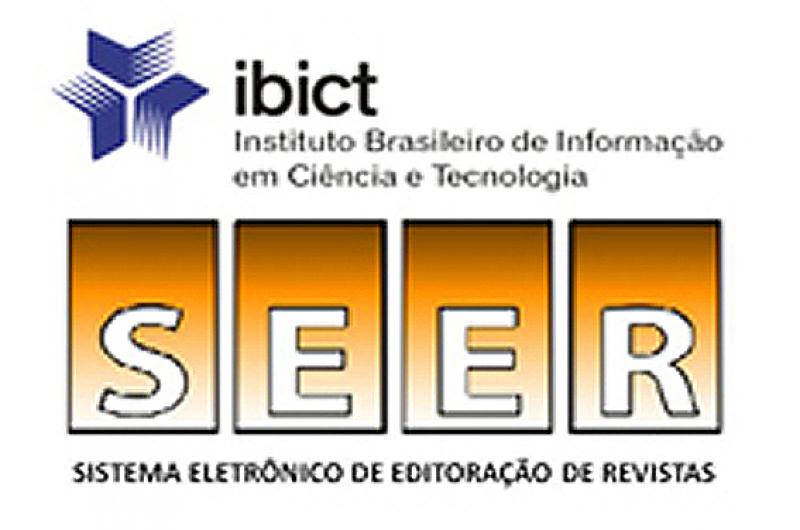Identificação e Controle Preditivo do Processo de Craqueamento Catalítico do Petróleo
DOI:
https://doi.org/10.31416/rsdv.v1i1.209Palavras-chave:
Redes Neurais Artificiais, algoritmo DMC, Craqueamento catalíticoResumo
Redes Neurais Artificiais (RNAs) constituem uma ferramenta que vem sendo utilizada para um grande número de aplicações bem sucedidas. Sua capacidade para modelagem empírica de processos complexos vem estimulando sua aplicação em engenharia. Este artigo trata o controle baseado em redes neurais do processo de craqueamento catalítico do petróleo, o qual é conhecido por envolver variáveis com comportamentos não lineares e com fortes interações. Para esta estratégia de controle, uma rede é usada como modelo interno para o controlador. O modelo convencional de Lee & Kugelman (1973) foi utilizado para gerar os dados. O comportamento estacionário foi analisado através dos diagramas de bifurcação para a concentração de coque no catalisador gasto e regenerado. A partir dos diagramas determinou-se os estados estacionários estáveis previstos para as concentrações de coque no catalisador dentro da faixa de operação. Realizou-se o controle da temperatura do riser baseado em RNAs e também o controle baseado no algoritmo DMC. Para os parâmetros ajustados, o controle baseado em RNAs mostrou mais eficiente e conservativo.Referências
ALGHAZZAWI A., LENNOX B. - Model predictive control monitoring using multivariate statistics. Journal of Process Control 19, 314–327, 2009.
ARAÚJO A. S., M. G. F. Rodriguez. Desenvolvimento de Catalisadores Zeolíticos Destinados
à Reforma do Metano.Tese de Doutorado. Área de Concentração: Operações e Processos, Centro de Ciências e Tecnologia, Universidade Federal de Campina Grande. 2006.
ARMOR J. N. - A history of industrial catalysis. Catalysis Today, 2010.
DARAOUI N., DUFOUR P., HAMMOURI H., HOTTOT A. - Model predictive control during the primary drying stage of lyophilisation. Control Engineering Practice. 18, 483–494, 2010.
DE SOUZA JR. M. B. - Redes Neuronais Multicamadas Aplicadas a Modelagem e Controle de Processos Químicos. Tese de Doutorado. COPPE/PEQ/UFRJ. Rio de Janeiro, 1993.
DOEDEL E. J., FAIRGRIEVE T. F., SANDSTEDE B., CHAMPNEYS A. R., KUZNETSOV Y. A., WANG X. – Continuation and Bifurcation Software for Ordinary Differential Equations. Manual AUTO97. March 29, 1998.
FIEDLER FERRARA N. & PRADO C. P. C. – Caos - Uma Introdução. Editora Edgard Blircher Ltda. S. Paulo – SP. 1995.
FILETI A. M. F. – Controle Avançado de Processos: Adaptativo, Preditivo e Fuzzy. Modelagem Matemática via Redes Neurais. Aplicações em Processos Químicos. Material especialmente elaborado para curso ministrado na Escola Politécnica da Universidade Federal da Bahia. Julho, 1998.
LEE W. & KUGELMAN A. M. – Number of steady-state operating points and local stability of open-loop fluid catalytic cracker. Ind. Eng. Chem. Pocess Des. Dev., 12, 197-204, 1973.
LEONARD J. & KRAMER, M. A., Improvement of the Backpropagation Algorithm for Training Neural Networks, Computers chem. Engng., 14, N° 3, 337-341,1990.
NARENDRA, K. S. AND PARTHASARATHY, K. "Identification and Control of Dynamical Systems Using Neural Networks," IEEE Trans. Neural Networks, 1(1), 4-27, 1999.
RUMELHART D. E. & McCLELLAND J. L. – Parallel Distributed Processing: Explorations in the Microstructure of Cognition. 1, Foundations the Mit Press. Cambridge. 1986.
SCATTOLINI R. - Architectures for distributed and hierarchical Model Predictive Control – A review. Journal of Process Control.19, 723– 731, 2009.
STEWART B. T., VENKAT A. N., RAWLINGS, J. B., WRIGHT, S. J., PANNOCCHIA G. -Cooperative distributed model predictive control. Systems & Control Letters 59, 460_469, 2010.
SU H., MCAVOY T. J., WERBOS P. – Long- term Predictions of Chemical Processes Using Recorrent Neural Neworks: a Parallel Training Approach. Ind. Eng. Chem. Res., 31, 1338-1352, 1992.















